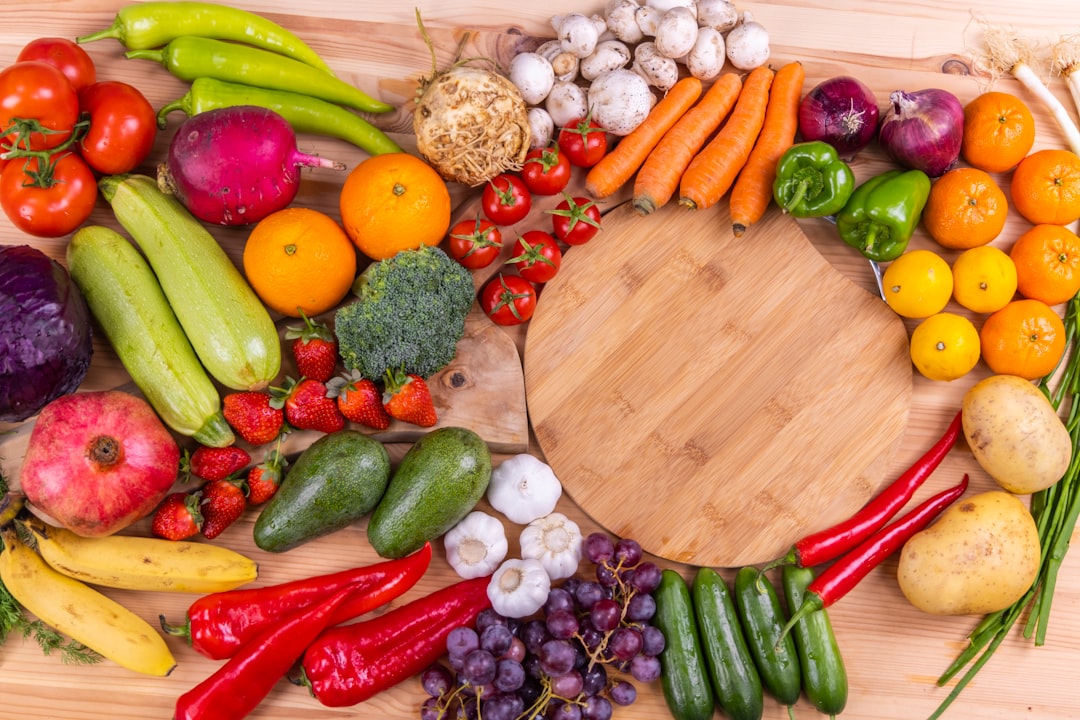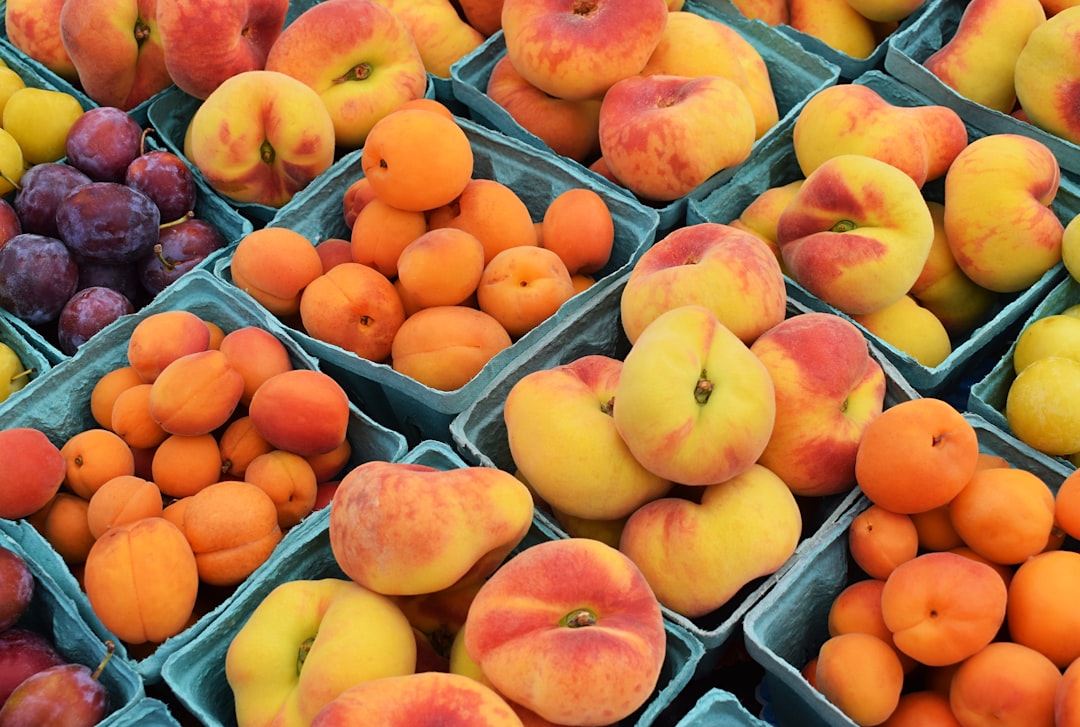Mindful eating is the practice of being present and aware of your food, its taste, texture, and smell, while also being aware of your body’s hunger and fullness cues. It is the opposite of mindless eating, which is eating without being aware of what you are eating or how much you are eating. Mindful eating is important because it helps you build a healthier relationship with food, reduces overeating, and helps with weight management.
In today’s fast-paced world, where we are constantly bombarded with distractions and are always in a hurry, it’s easy to eat without paying attention to what we are eating. Mindless eating can lead to overeating, which can cause weight gain and other health problems. But, with mindful eating, you can learn to listen to your body’s signals and eat only when you are hungry and stop when you are full.
Moreover, mindful eating is not just about eating the right foods or counting calories. It’s about enjoying your food, savoring each bite, and appreciating the sensory experience of eating. By being present and mindful, you can also develop a greater appreciation for the foods you eat, where they come from, and how they were prepared.
In short, mindful eating is an approach to eating that focuses on being present and aware of your food and your body’s signals. It’s about making informed and conscious choices about what you eat and how much you eat. By practicing mindful eating, you can build a healthier relationship with food, reduce stress, and improve your overall well-being.
Food as Fuel: Understanding the Nutritional Value of Your Meal
Have you ever considered the nutritional value of the food you consume? Every meal we eat is an opportunity to fuel our bodies with the essential nutrients they need to function optimally. Mindful eating is not only about savoring flavors but also about nourishing our bodies with the right ingredients.
To start with, it’s essential to understand the difference between macronutrients (proteins, carbohydrates, and fats) and micronutrients (vitamins and minerals). Proteins are essential for muscle growth and repair, while carbohydrates are the body’s primary source of energy, and healthy fats are useful for proper brain function and energy storage.
Moreover, incorporating whole foods into your diet is crucial when practicing mindful eating. These foods are nutrient-dense, meaning they provide a high amount of vitamins and minerals compared to their calorie count. Whole foods include vegetables, fruits, whole grains, legumes, and nuts. Processed foods, on the other hand, often have a low nutrient density and are high in unhealthy fats, sodium, and sugar.
In addition to understanding macronutrients and micronutrients, it’s also essential to pay attention to portion sizes. Consuming the right amount of food is key to maintaining a healthy weight and avoiding overeating. It’s essential to be mindful of your cravings and eat until you are satiated, not stuffed.
Approaching food as fuel and understanding its nutritional value is vital for mindful eating. Incorporating a balanced diet with whole foods, paying attention to portion sizes, and making informed food choices are all critical components of a mindful approach to eating. By doing so, we can optimize our health, energy levels, and overall well-being.
Mindful eating is not only about savoring flavors but also about nourishing our bodies with the right ingredients.
The Mind-Body Connection: How Mindfulness Impacts Digestion
As we continue exploring the concept of mindful eating, we cannot overlook the profound impact that mindfulness has on the mind-body connection. Digestion is not just a physical process; it involves the interplay between the digestive system and the nervous system. When you eat, your body breaks down the food into nutrients that it can absorb and use for energy. At the same time, your nervous system sends signals to the brain, releasing hormones that regulate digestion and metabolism.
When you practice mindful eating, you engage with your food in a way that promotes a healthy mind-body connection. You are not just mindlessly consuming food; you are paying attention to the sensory experience of eating. You are noticing the sights, smells, tastes, textures, and even the sounds of your food. This sensory awareness helps to trigger the body’s rest-and-digest response, which is essential for optimal digestion.
Research has shown that mindfulness can help to improve digestive function and reduce symptoms related to gastrointestinal disorders. For example, a study published in the Journal of Pediatric Gastroenterology and Nutrition found that children with functional gastrointestinal disorders who participated in a mindfulness-based stress reduction program experienced significant improvements in their symptoms, including abdominal pain, bloating, and constipation.
Additionally, mindfulness can help to reduce stress, which can be a major factor in digestive issues. When you are stressed, your body produces the hormone cortisol, which can slow down digestion and lead to bloating, constipation, and other gastrointestinal symptoms. By practicing mindfulness and relaxation techniques, you can help to reduce stress and promote a healthy digestive system.
The mind-body connection is an essential aspect of mindful eating. By engaging with your food in a way that promotes sensory awareness and relaxation, you can help to optimize your digestive function and overall well-being. Stay tuned for our next section on how to slow down and practice mindful eating techniques.
This sensory awareness helps to trigger the body’s rest-and-digest response, which is essential for optimal digestion.
Slowing Down: Practicing Mindfulness and Mindful Eating Techniques
In today’s fast-paced world, we tend to approach meals with a hurried mindset. We often rush through our meals or multitask while eating, leading to mindless eating and poor digestion. Practicing mindfulness during meals can help us slow down and appreciate our food, leading to more enjoyable meals and better health.
One way to practice mindful eating is to pay attention to the colors, aromas, and textures of our food. Take a few moments to appreciate the presentation of your meal and the variety of colors on your plate. Before taking a bite, inhale the aroma of the food and savor the flavors as you chew slowly. Mindful eating helps us to fully experience our food and appreciate the effort that went into its preparation.
Another technique is to foster awareness of the body’s hunger and satiety signals. Often, we eat until we’re stuffed, leading to discomfort and overeating. Instead, listen to your body and stop eating when you feel comfortably satisfied. This helps to prevent overeating and promotes optimal digestion.
Mindful eating can also help develop a better relationship with food. Rather than using food for emotional comfort or stress relief, we can focus on nourishing our bodies and eating for optimal health. This mindset can lead to better food choices and a more balanced diet.
Finally, practicing mindfulness during meals can help us develop a deeper appreciation for the food we eat and the effort that went into its preparation. It can be easy to get stuck in a food rut and eat the same meals over and over again. Mindful eating encourages us to try new foods, experiment with new recipes, and enjoy the process of cooking and preparing food.
Incorporating mindfulness into our meals can take time and effort, but the benefits are well worth it. By slowing down and paying attention to our food, we can enjoy more satisfying meals, better digestion, and a healthier relationship with food.
This mindset can lead to better food choices and a more balanced diet.
The Art of Cooking: Preparing Healthy and Delicious Meals
When it comes to mindful eating, the art of cooking plays a vital role in maintaining a balanced and healthy lifestyle. Cooking at home allows you to have control over the ingredients used, ensuring that they are fresh, nutritious, and free from harmful additives. It also provides an opportunity to experiment with new ingredients or cooking techniques, enhancing the overall meal experience.
Cooking healthy and delicious meals can be both fun and rewarding, and with the right mindset and approach, it can become a mindful practice. Mindful cooking involves being fully present and engaged in the cooking process, focusing on each ingredient and each step of the recipe. This level of attention helps to cultivate a deeper connection with the food, making it more enjoyable and satisfying.
Additionally, when we cook our own meals, we become conscious of the portions we consume and the overall nutritional value of the meal. We can adjust the recipe and ingredients to fit our personal dietary needs and preferences, allowing us to better manage our weight, energy levels, and overall health.
Overall, the art of cooking should be seen as a fun and creative way to nourish our bodies and minds. By taking the time to cook healthy and delicious meals, we are not only building a stronger mind-body connection but also creating a mindfulness practice that extends beyond the dinner table. So, let’s get cooking and start exploring the endless possibilities of mindful eating!
It also provides an opportunity to experiment with new ingredients or cooking techniques, enhancing the overall meal experience.
The Fun of Food: Trying New Foods and Experiencing Enjoyment
When it comes to mindful eating, it’s not just about following a strict diet or meal plan. It’s also about enjoying the experience of eating and exploring new flavors and textures. In fact, allowing yourself the freedom to try new foods can be a great way to expand your palate and discover new favorite meals.
One of the joys of mindful eating is that it encourages you to slow down and savor each bite of food. This means that you can really appreciate the flavors, aromas, and textures of your meals, instead of just wolfing them down without thinking. By taking the time to chew your food thoroughly and really focus on each bite, you might be surprised by how much more satisfying your meals can be.
Furthermore, trying new foods can also be a great way to challenge your taste buds and expand your culinary horizons. Whether it’s a new type of vegetable, a cuisine you’ve never tried before, or a unique recipe you stumbled upon online, there are countless opportunities to experiment with different flavors and ingredients.
Of course, this doesn’t mean that you need to force yourself to eat things you truly dislike. Mindful eating is about listening to your body and honoring your preferences, while still being open to new experiences. If you discover that you truly enjoy the taste of a certain dish or ingredient, savor it! And if you find that something isn’t quite to your liking, don’t feel guilty about skipping it in the future.
Ultimately, the fun of food is about finding a balance that works for you. Mindful eating can be a great way to explore new tastes and pleasures while still prioritizing your health and wellbeing. So go ahead, try that exotic fruit or spicy dish. You might just find that you love it!
In fact, allowing yourself the freedom to try new foods can be a great way to expand your palate and discover new favorite meals.
Conclusion: Living a Balanced and Healthy Lifestyle Through Mindful Eating
In conclusion, practicing mindfulness and mindful eating can lead to a life of balance and health. By taking the time to understand the nutritional value of our meals, and the impact our thoughts and feelings have on digestion, we can make more informed decisions about what we eat and how we eat it.
Slowing down and taking the time to practice mindfulness techniques during meal times can help us savor the flavors and textures of the food we eat, leading to greater enjoyment and satisfaction.
Meanwhile, the art of cooking offers a wonderful opportunity to experiment with new foods and prepare healthy, delicious meals that nourish both body and mind. By embracing food as fuel and treating our bodies with respect, we can enjoy all the benefits of a healthy and active lifestyle, free from the stress and anxiety of dieting and restriction.
So why not make the decision to start living a more mindful life today? With a little practice and dedication, you can become more in-tune with your body and emotions, and find greater happiness and fulfillment in every aspect of life. Remember, a balanced and healthy lifestyle starts with good food and a mindful approach to eating!





